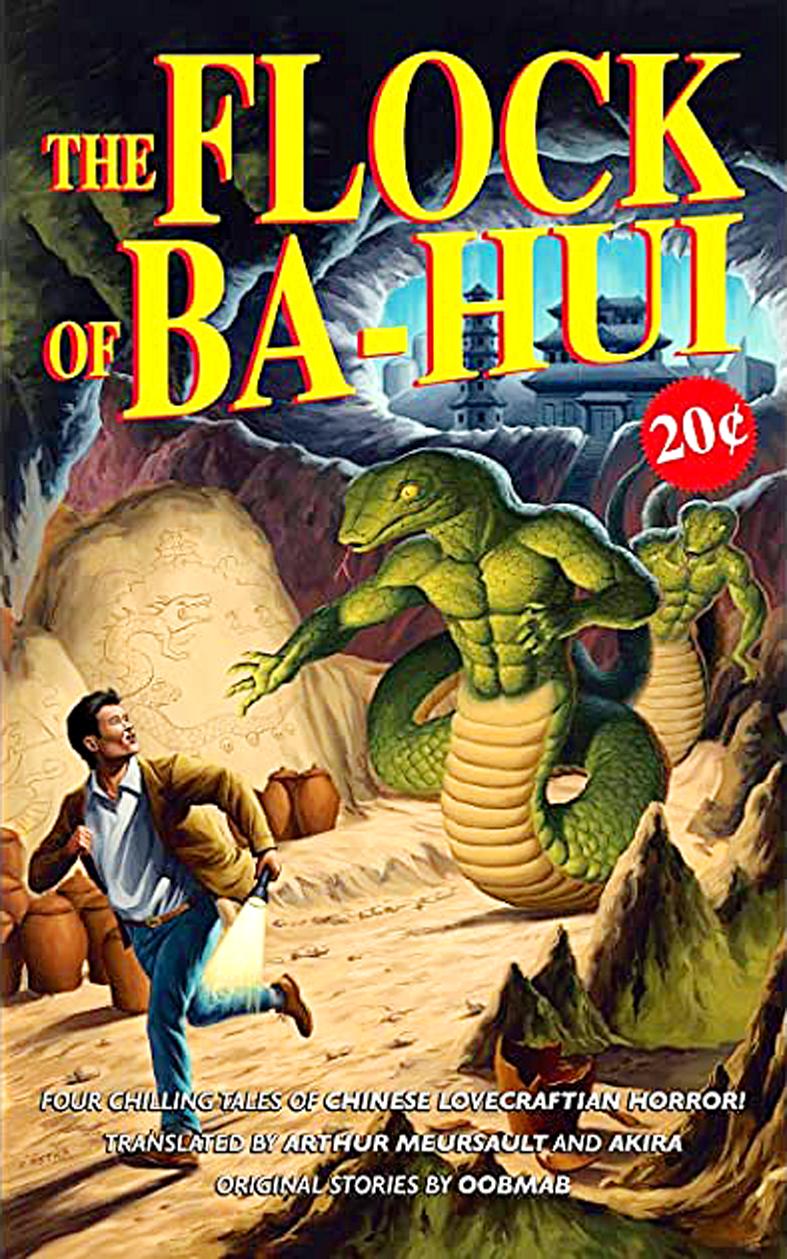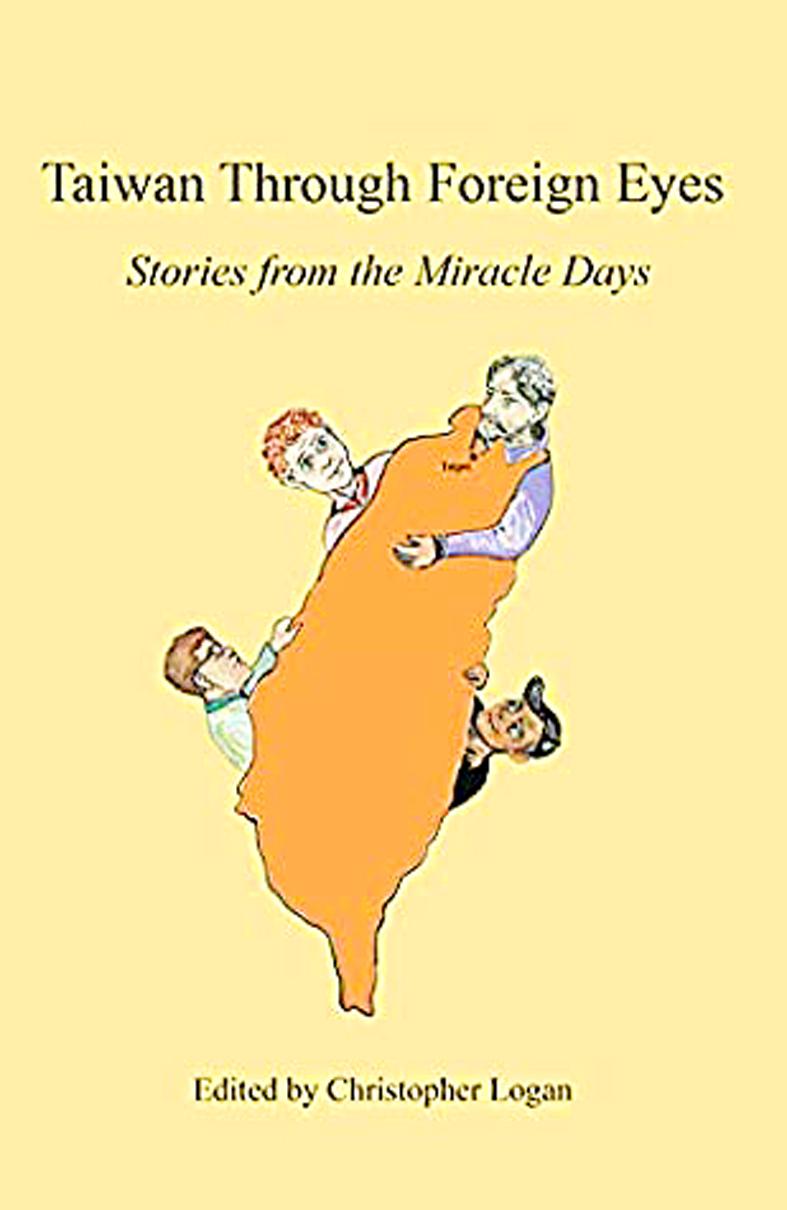There is absolutely no doubt that the most impressive Taiwan-related book to appear this year was John Ross’s Taiwan in 100 Books (Camphor Press, reviewed July 23). This stupendous production is extraordinarily wide-ranging and, whereas it doesn’t actually constitute a history of the nation, it covers very many of its aspects. Ross goes into the background detail of his selected topics as well as of their authors, making this book something to read in its own right and to refer to. Incomparable.
The Flock of Ba-Hui And Other Stories, also from Camphor and reviewed on Feb. 20, was the most sensational — and lurid. It contains four long stories by a Chinese follower of H.P. Lovecraft, “Oobmab.” Translated by Arthur Meursault and “Akira,” the stories are awash with glutinous black substances found in unexpectedly familiar circumstances. All but one of the stories are set in China.
Simon Pridmore’s Dive into Taiwan, Sandsmedia, reviewed Jan. 16, is a treasure to read and to hold. It covers scuba diving in every conceivable location, and is beautifully illustrated by photographer Kyo Liu (劉守全). Pridmore is a diving specialist, but thinks Taiwan has been insufficiently appreciated as a diving location.

Camphor returns with Inaka: Portraits of Life in Rural Japan, reviewed on Sept. 17. A majority of Japanese now reside in cities, but if anything this makes the extremely varied Japanese countryside all the more attractive to anyone looking for lifestyles that were once more common than they are today.
Lastly, Taiwan Through Foreign Eyes, Deep World Publishing, reviewed on Aug. 13, is surprisingly memorable — surprisingly because most of its 18 short stories were penned over 10 years ago. I was warned about this, but nonetheless in the event found the collection well worth reading.





Last week, on the heels of the recall election that turned out so badly for Taiwan, came the news that US President Donald Trump had blocked the transit of President William Lai (賴清德) through the US on his way to Latin America. A few days later the international media reported that in June a scheduled visit by Minister of National Defense Wellington Koo (顧立雄) for high level meetings was canceled by the US after China’s President Xi Jinping (習近平) asked Trump to curb US engagement with Taiwan during a June phone call. The cancellation of Lai’s transit was a gaudy

Following the shock complete failure of all the recall votes against Chinese Nationalist Party (KMT) lawmakers on July 26, pan-blue supporters and the Chinese Communist Party (CCP) were giddy with victory. A notable exception was KMT Chairman Eric Chu (朱立倫), who knew better. At a press conference on July 29, he bowed deeply in gratitude to the voters and said the recalls were “not about which party won or lost, but were a great victory for the Taiwanese voters.” The entire recall process was a disaster for both the KMT and the Democratic Progressive Party (DPP). The only bright spot for

From Godzilla’s fiery atomic breath to post-apocalyptic anime and harrowing depictions of radiation sickness, the influence of the nuclear bombings of Hiroshima and Nagasaki runs deep in Japanese popular culture. In the 80 years since the World War II attacks, stories of destruction and mutation have been fused with fears around natural disasters and, more recently, the Fukushima crisis. Classic manga and anime series Astro Boy is called “Mighty Atom” in Japanese, while city-leveling explosions loom large in other titles such as Akira, Neon Genesis Evangelion and Attack on Titan. “Living through tremendous pain” and overcoming trauma is a recurrent theme in Japan’s

As last month dawned, the Democratic Progressive Party (DPP) was in a good position. The recall campaigns had strong momentum, polling showed many Chinese Nationalist Party (KMT) lawmakers at risk of recall and even the KMT was bracing for losing seats while facing a tsunami of voter fraud investigations. Polling pointed to some of the recalls being a lock for victory. Though in most districts the majority was against recalling their lawmaker, among voters “definitely” planning to vote, there were double-digit margins in favor of recall in at least five districts, with three districts near or above 20 percent in